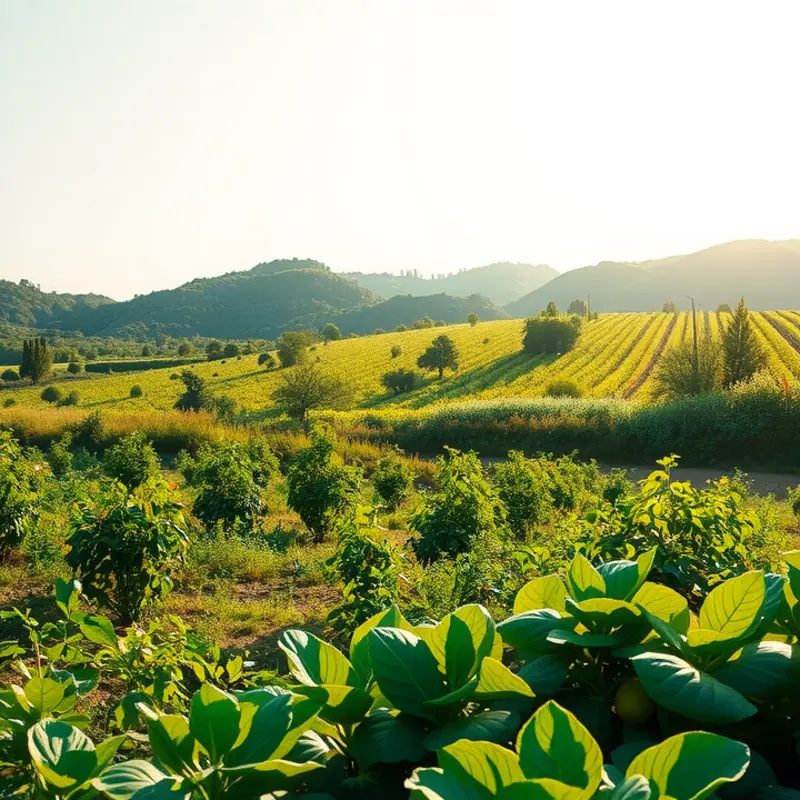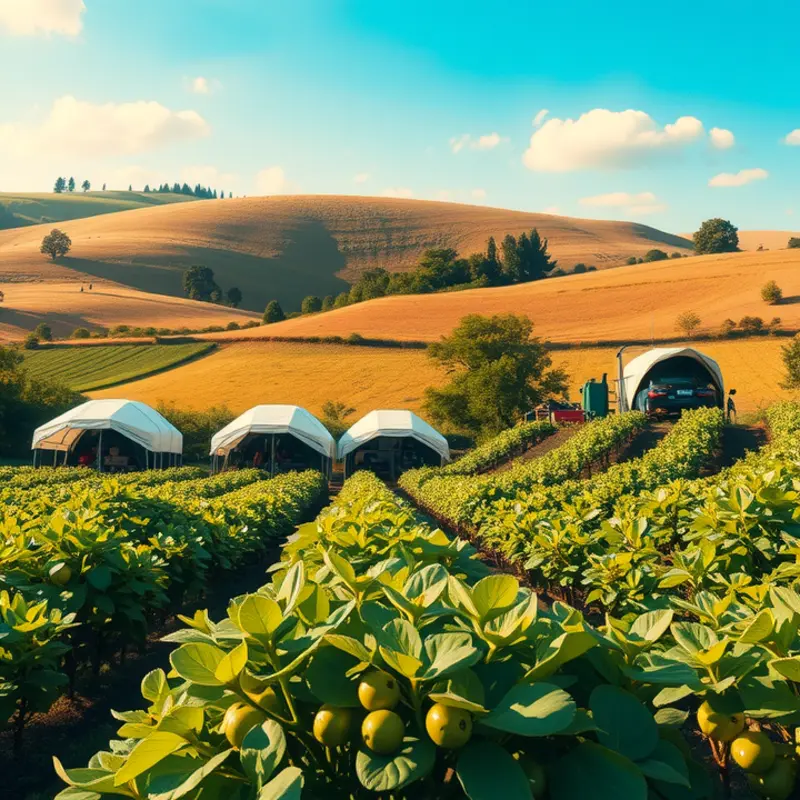Creating a sustainable pantry is not just about being eco-friendly; it’s about enriching our lives with ethical and nutritious food options. Embracing sustainable pantry essentials allows individuals to make informed choices that positively impact the planet while enjoying wholesome meals. This guide unveils essential ingredients and practical tips for building an eco-conscious kitchen, supporting biodiversity, local economies, and our health.
Empowering Your Pantry with Sustainable Staples

Building a pantry filled with sustainable staples is a conscious choice that benefits both your health and the environment. Opt for organic staples, which are grown without synthetic pesticides and fertilizers, protecting soil quality and biodiversity. Locally sourced products also support regional economies and reduce the carbon footprint associated with long-distance transportation.
Start your pantry transformation with legumes. These protein powerhouses, including beans and lentils, are versatile and nutritious. Choose dried or bulk-packaged options in recyclable or biodegradable materials. Legumes enrich soil nitrogen, making them a sustainable crop choice. Embrace a variety, such as chickpeas and black beans, to diversify both your diet and your culinary repertoire.
Next, consider the ecological impact of your whole grains. Varieties like quinoa, brown rice, and oats provide essential nutrients and are often available in bulk options. When possible, purchase grains from brands that practice regenerative agriculture, which reduces erosion, enhances ecosystem health, and captures carbon in soil.
Spices can be a sustainable way to enhance flavors while fostering global communities engaged in fair trade practices. Seek out organic spices that come in glass jars or refill pouches, reducing plastic dependency. Not only do they uplift the taste of your meals, but their eco-friendly production and packaging also have a positive environmental impact.
Oils play a crucial role in cooking, and choosing sustainably produced options is vital. Extra virgin olive oil, sourced from organic olive farms, supports biodiversity and careful land management practices. Similarly, options like coconut oil, particularly from certified sustainable suppliers, ensure minimal harm to the environment through responsible harvesting methods.
By actively seeking products that align with sustainable farming practices, you contribute to a healthier planet. Each item you select for your pantry has the potential to encourage broader eco-friendly practices and provide a nutritious, balanced diet. For further guidance on building an eco-friendly kitchen, explore Eco-Smart Kitchen Storage for insights into sustainable storage solutions that help maintain the planet’s resources while keeping your food fresh.
Transformative Practices for Sustainable Eating

Adopting sustainable eating practices can significantly amplify the benefits of a green pantry. Integrating mindful strategies such as meal planning, bulk buying, and food waste reduction enriches both our diet’s sustainability and our ecological impact.
Effective meal planning serves as the cornerstone of sustainable eating. By organizing meals in advance, individuals reduce the risk of impulse purchases and ensure all ingredients are used to their fullest potential. This approach not only saves money but also minimizes the likelihood of pantry items going unused until expiration. For those new to meal preparation, resources on practical ingredient batching can simplify the process, creating a structured, enjoyable culinary experience.
Shopping in bulk further advances sustainability efforts. Purchasing items in larger quantities often means less packaging waste per use and fewer trips to the store, reducing carbon emissions. However, it is vital to balance bulk buying with realistic usage—stockpiling perishables can lead to unnecessary waste if not consumed in time. Opt for bulk non-perishables like grains, nuts, and dried fruits, stored in airtight, reusable containers to maintain freshness.
Reducing food waste involves a commitment to conscious consumption and waste management. Composting food scraps transforms what might otherwise become landfill into nutrient-rich soil for gardens. This simple gesture closes the nutrient loop and diminishes methane emissions from rotting produce. Choosing reusable packaging, such as beeswax wraps or glass jars, helps decrease reliance on single-use plastics, promoting a cleaner, greener kitchen environment.
Innovative kitchen practices can also contribute to lower waste. For instance, saving vegetable scraps to make homemade broth turns byproducts into a culinary asset, further cutting waste. Embracing practices that align with low-waste cooking and preparation empowers individuals to view leftovers as opportunities rather than burdens.
Each small action, from planning the week’s meals to composting morning coffee grounds, accumulates into substantial ecological benefits. In aligning our daily habits with sustainable principles, we can transform our kitchens into spaces of responsibility and mindfulness, fostering both well-being and environmental health.
Final words
Building a sustainable pantry is a rewarding journey that empowers individuals to not only nourish themselves but also protect the environment. Each choice, from selecting organic staples to incorporating eco-conscious practices, shapes a healthier future. Remember, implementing even small changes can have a significant impact. As you explore these sustainable pantry essentials and practices, take pride in every step you take toward creating a more sustainable lifestyle. Together, we can contribute positively to our planet, make informed decisions, and promote a harmonious relationship with our food systems.








